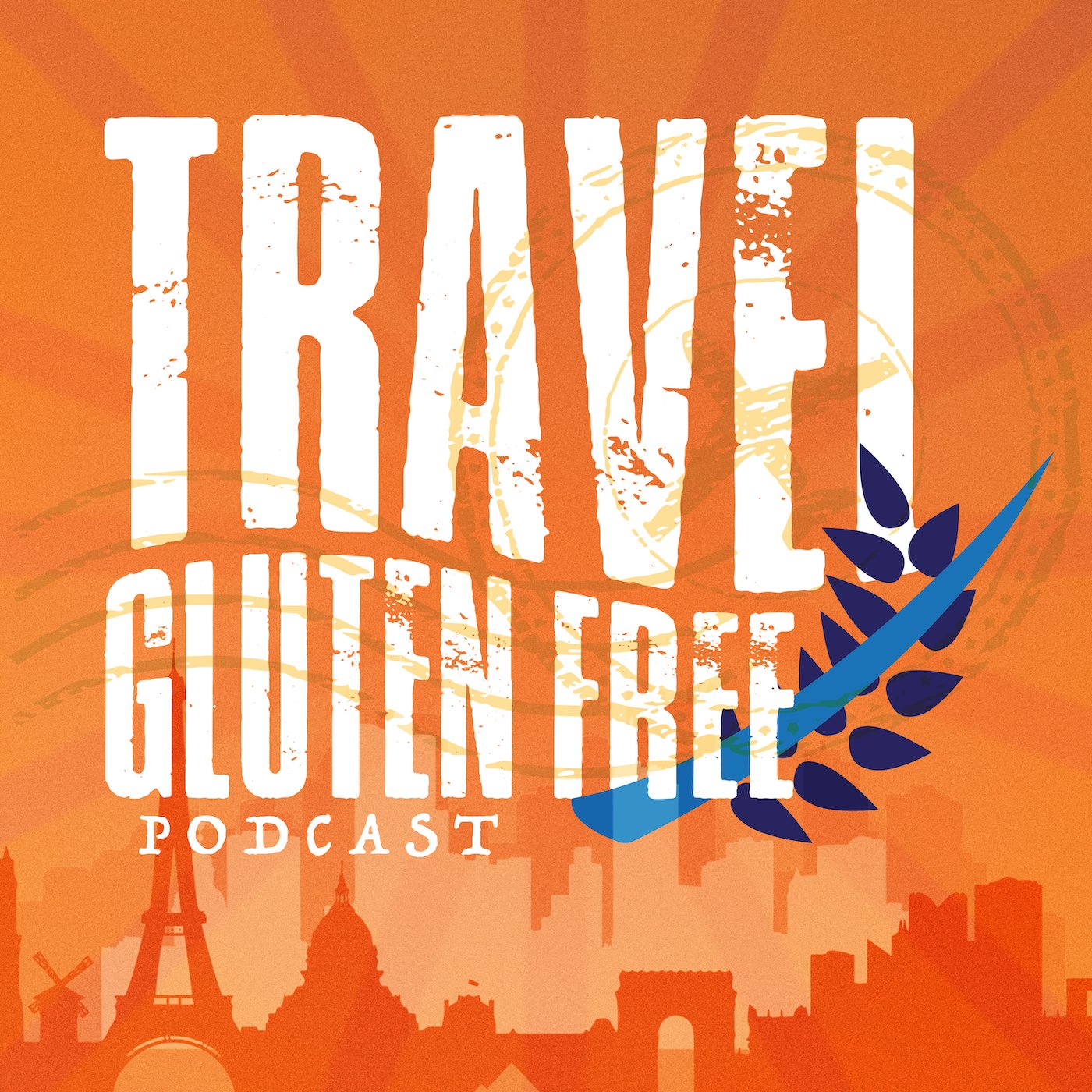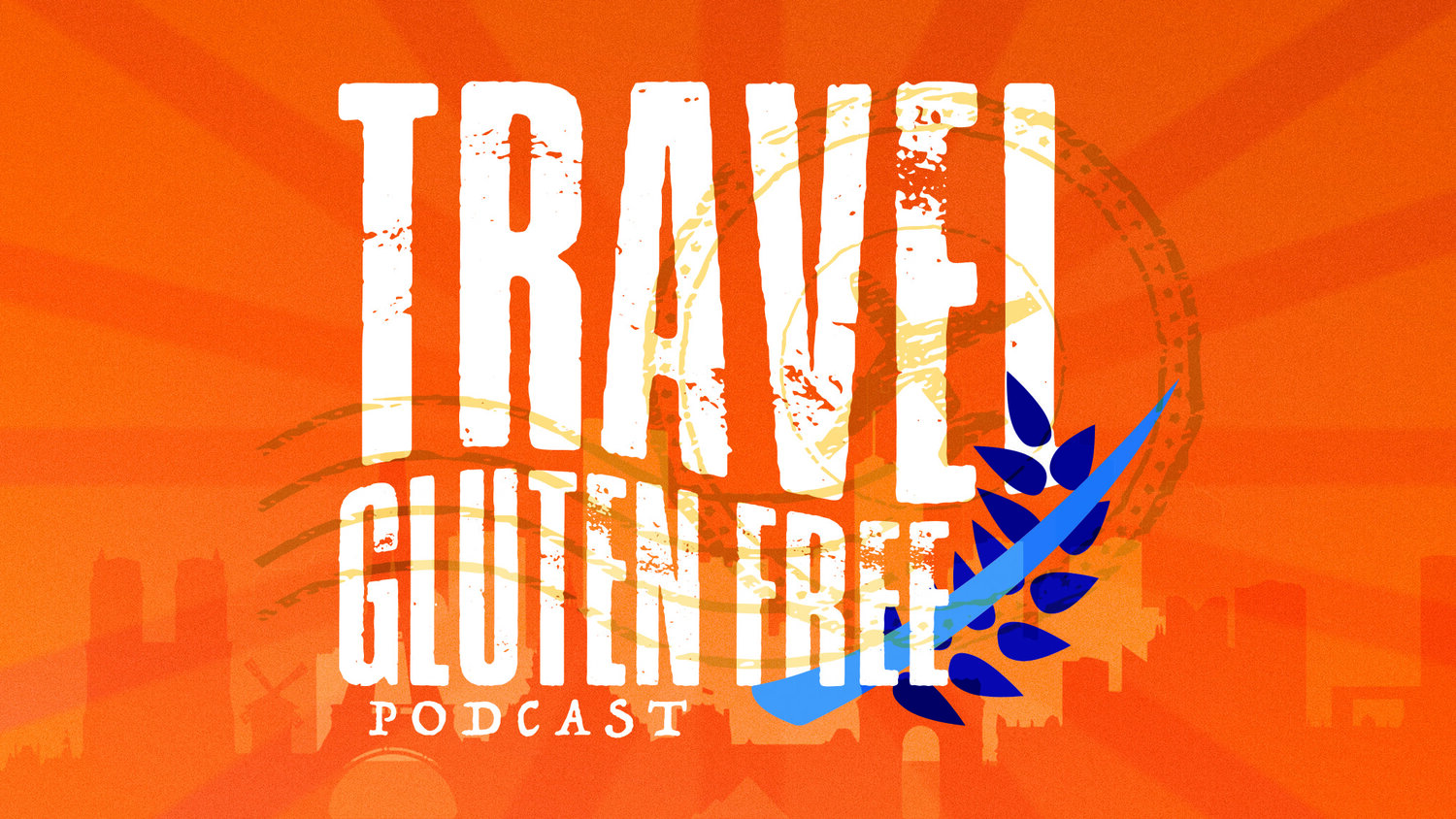FAQs
What is Gluten?
Gluten is the protein found in several different grains, including (but not limited to) wheat, einkorn, triticale, barley, and spelt. If you are Celiac, have an auto-immune disease, an allergy, or gluten intolerance, you’ll want to avoid eating gluten.
What's the difference between certified Gluten free and Gluten free?
A third-party agency has verified any food that is certified gluten-free to be safe to eat for people that have Celiac disease as the food product has less than 20 ppm of gluten, which is the level that will not cause a reaction in almost anyone with Celiac disease.
Gluten free means the food itself does not have any gluten-containing products. However, this does not mean the food is safe for people with Celiac disease. For example, many gluten-intolerant people can eat labeled gluten-free food; however, if the food is made in a facility with gluten-containing ingredients such as wheat, barley, or triticale, that food is not safe for someone who has Celiac disease.
No matter what the labeling says unless it's certified gluten-free, always read the ingredients! There have been cases of foods having Gluten and being labeled gluten-free. In addition, food products such as MSG and maltodextrin are supposed to be safe for us with Celiac; however, I've found these food additives give me a reaction. Lastly, some foods that are "gluten-free" have wheat starch as an ingredient, and I stay away from those products because I've found they make me sick.
Who needs to avoid Gluten?
Anyone with Celiac disease needs to eat a gluten-free diet and avoid all forms of Gluten in food, cosmetics, bath, and body care. This includes not eating foods that come in contact with gluten, including food fried in a shared fryer. A shared fryer is any fryer in which an eating establishment fries food containing regular wheat-based bread with other gluten-free foods. Gluten can hide in many different places, including soy sauce. For a comprehensive list of foods containing gluten, check out my book, The Guide to Traveling Gluten Free.
And if you suffer from an auto-immune disease, such as Lupus, Hashimoto's, or Rheumatoid Arthritis, you'll definitely want to consider eating a gluten-free diet. Although not directly responsible for creating an auto-immune disease, Gluten has been found to inflame the digestive tract and cause multiple symptoms in people with auto-immune diseases other than Celiac disease.
What’s the difference between a dedicated gluten-free restaurant and a gluten-free friendly restaurant?
The most significant difference between a dedicated gluten-free restaurant and a gluten-free friendly restaurant is that a dedicated gluten-free restaurant does not have any gluten or gluten-containing foods on the premises.
A gluten-free friendly restaurant can prepare gluten-free food, but there is always a chance of cross-contamination with gluten because it’s in the restaurant. For example, pizza is the most uncomplicated food to cross-contaminate when you’re eating out gluten free. Other ethnicities, such as Indian, Thai, and Ethiopian, are primarily gluten-free by nature, so you have less of a chance of getting cross-contaminated, where fewer gluten products are being made in a non-dedicated restaurant.
What is the Travel Gluten Free Podcast?
I created the Travel Gluten Free Podcast to inform the gluten-free community of how to travel gluten-free safely. My podcast will give you practical information on gluten-free travel and engaging interviews with other gluten-free influencers, restaurant owners, and gluten-free product creators.
Where can I listen to the Travel Gluten Free Podcast?
You can listen to my podcast on Apple Podcasts, Pandora, Stitcher, Amazon, Himalaya, Overcast, or wherever you listen to your favorite podcasts! You can also listen to Travel Gluten Free from my website. Travel Gluten Free Podcast is free to listen to at any time! Subscribe or follow my podcast and get each episode delivered to your favorite podcast player as soon as an episode drops for more fantastic gluten-free travel information!
Do cosmetics, body care products, and skin care products contain Gluten?
Yes, some cosmetics do contain Gluten. Common ingredients in body care and skin care that contain Gluten are wheat germ, wheat protein, barley, barley protein, and wheat starch. If cosmetics or body care products are labeled natural or organic, they can still contain Gluten as a natural ingredient. Gluten can be found in barley, wheat germ, and wheat products, along with other gluten-containing products. Gluten can also be found in a liquified form as a cheap, easy thickener for companies to use, which is one reason why Gluten is found in so many cosmetics, including makeup, body care, skin care, toothpaste, shampoo, and conditioner.
What cosmetic companies have skincare and haircare products that are free from Gluten?
The Lemongrass Spa product line is entirely gluten-free! In addition to being gluten-free, these skincare and haircare products are also cruelty-free; many have organic ingredients, free of 100 chemicals, are fragrance-free, and are small-batch made in the USA by women! You can find my catalog of Lemongrass Spa products here. The proceeds of each purchase go towards supporting the content provided for you by Travel Gluten Free!
What is the Guide to Traveling Gluten Free?
The Guide to Traveling Gluten Free is your best gluten-free friend when planning to travel locally or abroad. This book will give you information to safely prepare for your next cruise, camping trip, road trip, and flight. Find out what apps to use, what you need to do ahead of time before you travel, and how to pack your gluten-free food in your travel bags.
My book will empower you to make informed decisions about choosing a safe, gluten-free restaurant, how to avoid Gluten while traveling, and a list of the top ten gluten-free-friendly cities in America that I've discovered!
Do you offer gluten-free travel services?
Yes! You can work with me to plan your next gluten-free vacation on my Travel Consult page.

